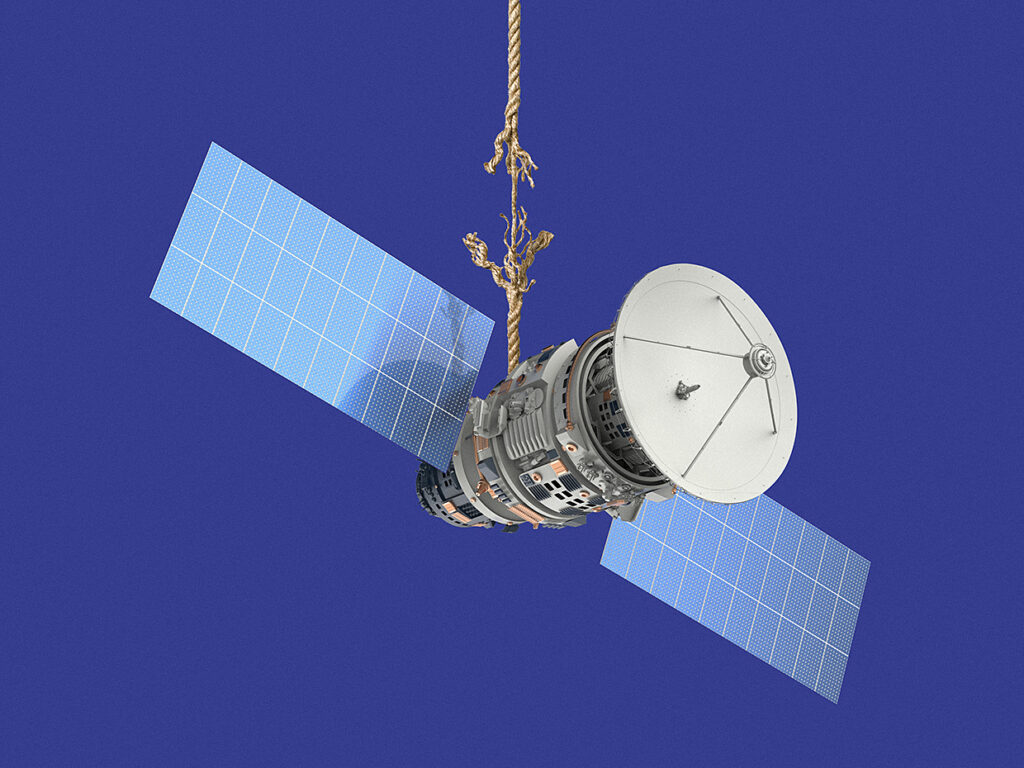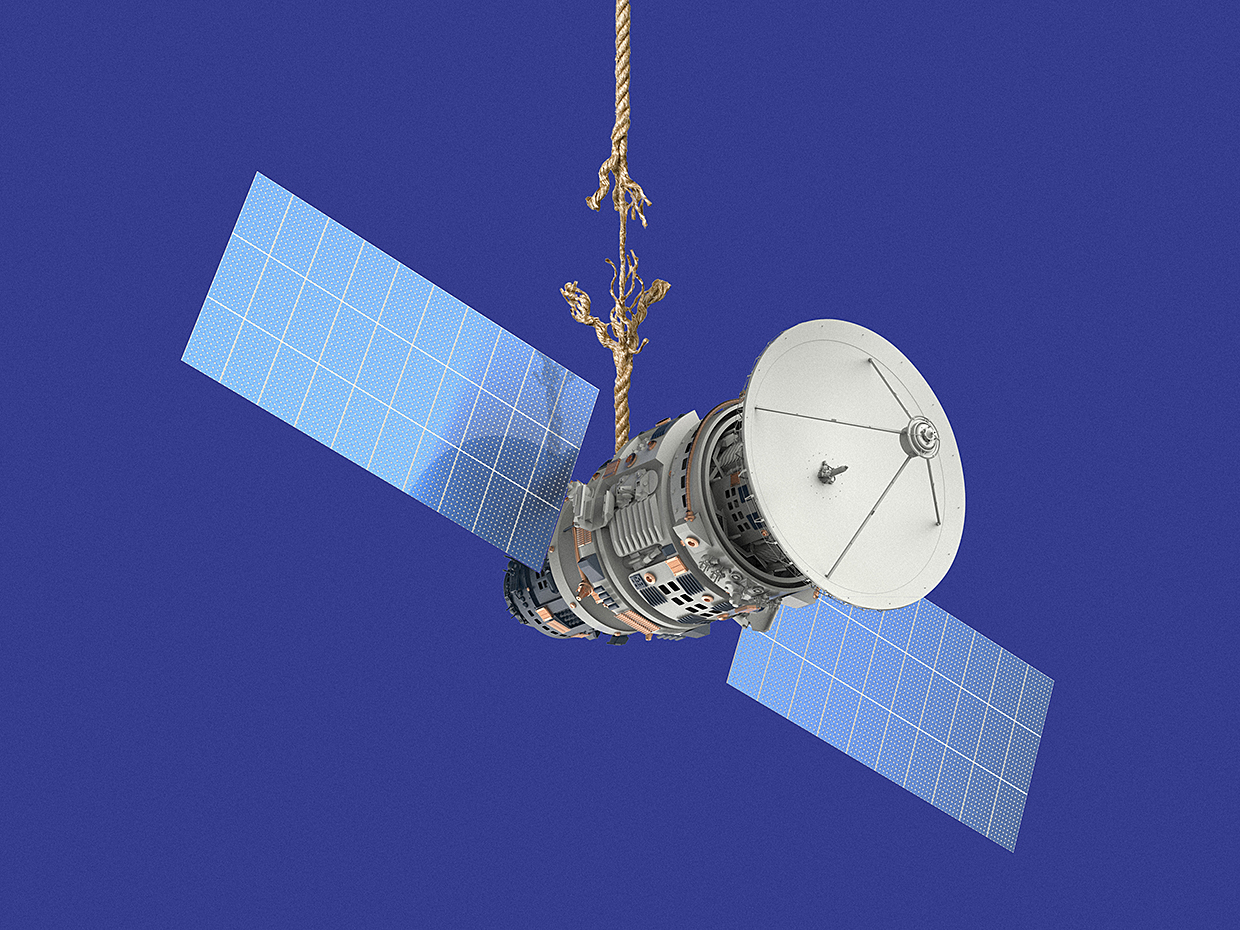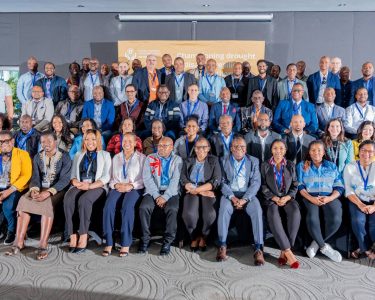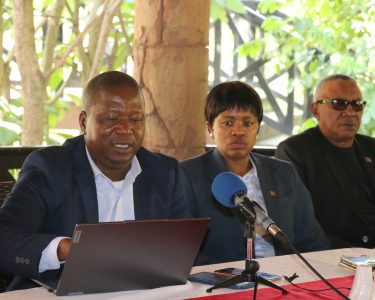
By Bahle Gama
The Eswatini Communications Commission (ESCCOM) intends to award Starlink Eswatini with one general license for electronic communications services.
Upon being awarded the license, Starlink will provide internet services, value-added services, and any other services that the Commission may authorise from time to time.
In January, Starlink announced that it will be rolling out in 23 African countries including Eswatini with the intent to improve access in the region.
The company announced that it was pursuing its African expansion strategy as part of SpaceX’s ambition to bring broadband everywhere on the planet, including the most remote and landlocked areas which are difficult to access for operators.
Opportunities
“With approximately 60 per cent of the African continent’s population without internet access, the company sees business opportunities to explore in a context marked by the acceleration in demand for broadband connectivity on the continent since 2020, due to the Covid-19 pandemic,” it said.
“In light of the foregoing, the Commission intends issuing one general license for electronic communications services which do not require the use of numbering resources to Starlink,” reads a public notice by ESCCOM.
Read More: Acting PM calls for leveraging of ICT sector to empower women
As part of the public consultation process contemplated in Section 32 of the ESCCOM Act, the Commission has further invited written comments from interested stakeholders and the public on the proposed decision to grant the applicant the licence.
This is as per a proposed decision in terms of Section 32 of the Eswatini Communications Commission Act 2013 to issue the license to Starlink Eswatini. The deadline for submission of comments is April 3 at 5 pm.
Authorisation
ESCCOM is a body tasked with regulating the electronic communications sector inclusive of electronic communications networks and services, broadcasting services, postal services, the use and allocation of the radio frequency spectrum, data protection and e-commerce.
In terms of Section 7 (g) and 38 (a) of the same Act, ESCCOM is mandated to grant any authorisation for the carrying out of any operation or activity relating to any matter within the remit of the commission. The license is further established in the Electronic Communications Act and Licensing Regulations, 2016.
The applicant, Starlink Eswatini is a company incorporated under the Eswatini Companies Act No.8 of 2009 that provides launch services for the private and public sectors.
Since 2018, the company is reported to have been designing and launching a large constellation of satellites to provide a high-speed, low-latency broadband internet access service that will be available everywhere on earth.
Read More: King engages Qatar’s Tech giant for exchange programmes with RSTP
Their service is available to over 45 markets around the world and has more than 600 000 subscribers. As part of the application, Starlink provided an outline of how these services will be rendered to ESCCOM.
Infrastructure
These include Starlink contending that its network infrastructure layout consists of low-earth orbit small satellite constellation to provide low bitrate internet and Internet of Things services and enable Machine to Machine devices anywhere on Earth utilising a store and forward design.
This system uses extremely small satellites that transmit over the very high frequency (VHF) band in ITU defined mobile satellite service spectrum. To date, the company has launched over 3 000 of these satellites orbiting the earth.
The swarm system used by Starlink consists of components like satellites, user terminals and a hive cloud platform which work in collaboration to provide customer access to the internet and data anywhere in the world at any time.
The satellites installed are reportedly equipped with radio frequency transceivers that send and receive signals in the VHF spectrum range. They can communicate with both user terminals and gateways and do not need to be given a gateway to relay communications.
In 2021, ESCCOM issued four new electronic communication general licenses and three in 2022. This increased the number of legally registered ISPs in Eswatini to 19 to date.






